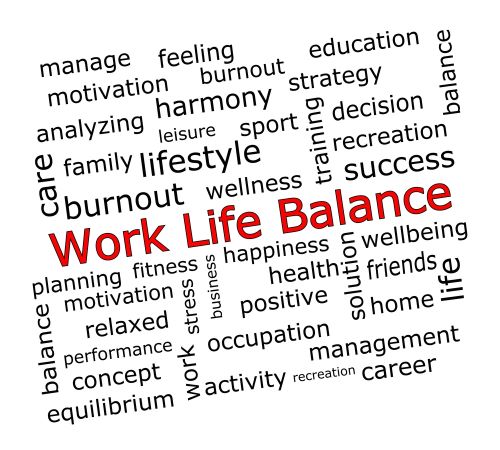Part ONE of this article can be read here
Today’s workplace is rapidly evolving not only because of technological advancements but also because employees seek work-life harmony. While salary, benefits, and overall compensation are priorities, employees and job seekers desire fulfillment.
The need for achieving goals on both a professional and personal level is motivating the job market. Along with job flexibility, autonomy, knowledge, and access to information, employees also desire workplaces that include soft and EQ skills such as trust and empathy.
WORKPLACE TRUST
A study by Elements Global Services, a human resources, technology, and services company, shows the need for candid conversations. The survey, consisting of 1,000 full-time workers, investigated complaints, employee monitoring, and Google search trends. They found an increasing lack of trust between employees and employers. Some key indicators include:
- 76% of workers who use a computer are worried about their employer monitoring their communications. (1)
- 74% of those who use a computer remotely are concerned about their employer monitoring when and how much they work. (1)
- 53% of the workers indicated that they had deleted a Slack or similar instant message so a boss could not see it. (1)
- 55% of CEOs think a lack of trust threatens their organization’s growth. (2)
Why Should Leaders Encourage Trust?
Trust is essential to building and fostering healthy, productive company culture. Workplaces that encourage honest and open communication, engage in proactive listening and welcome constructive feedback at all levels are generally top-performing organizations. Not only does trust improve loyalty, morale, and teamwork, but it inspires innovations and fosters creativity. Research shows that employees are 23% more likely to offer ideas and solutions when there is trust in the workplace. (3)
Furthermore, when trust is present, workers are more likely to experience problems that lead to low engagement and high employee attrition. Gallup research reports that employees who trust their employer’s experience: 74% less stress, 106% more energy at work, 50% higher productivity, 13% fewer sick days, 76% more engagement, 29% more satisfaction with their lives, 40% less burnout. (4)
EMPATHY
Empathy is a component of emotional intelligence. It is the ability to identify one’s emotions and manage them by being mindful of the feelings and emotions of other workers. Engagement and empathy are linked, just as the employees need to feel respected and empowered in an organization. A recent report on workplace empathy revealed vast differences among workers and senior leadership in this area.
- 92% of employees still feel a lack of empathy. (5)
- While 92% of CEOs state their organizations are empathetic, only 50% of their employees agree. (5)
Why Should Leaders Work on Being More Empathic?
Empathy must begin with the individual at the top of the organization. Empathy is considered a soft skill by some, but empathy pays off in improved business outcomes.
- 96% of employees think showing empathy is a critical way to increase employee retention. (6)
- Disengaged employees cost U.S. companies up to $550 billion a year. (6)
- 61% of the employees are burned out on the job. (6)
Harmony is vital to the sound of music and is constructed to complement the melody. In the world of business, harmony is no different. It, too, is designed to find the right pace, the right melody, and the proper work-life harmony. Work flexibility, job autonomy, information, knowledge, trust, and empathy are music to employees and help with morale, retention, and job satisfaction.
Discover more inspiring ideas for exciting experiences that boost morale and engage your people. Contact Gavel International for details.
__________
SOURCES:
- https://www.forbes.com/sites/bryanrobinson/2021/09/05/new-study-shows-a-lack-of-trust-between-employees-and-employers/?sh=5f4055bf395b
- http://www.pwc.com/gx/en/ceo-survey/2016/landing-page/pwc-19th-annual-global-ceo-survey.pdf
- https://www.shrm.org/hr-today/news/all-things-work/pages/trust-has-never-been-more-important.aspx
- https://hbr.org/2017/01/the-neuroscience-of-trust
- https://seedscientific.com/employee-retention-statistics/
- https://www.forbes.com/sites/nazbeheshti/2019/01/16/10-timely-statistics-about-the-connection-between-employee-engagement-and-wellness/#619e5c3d22a0
This article was last updated on September 21, 2022
- Unlocking Excellence: The 7 Traits of Top Performers and Their Impact - April 14, 2025
- Why Content Is Essential for Driving Leads – and How to Create Content That Does - March 3, 2025
- Branding vs. SEO: Striking the Perfect Balance - February 10, 2025






